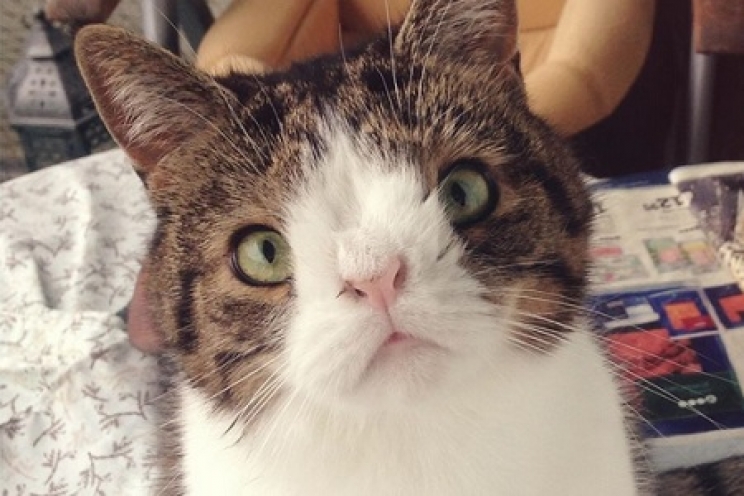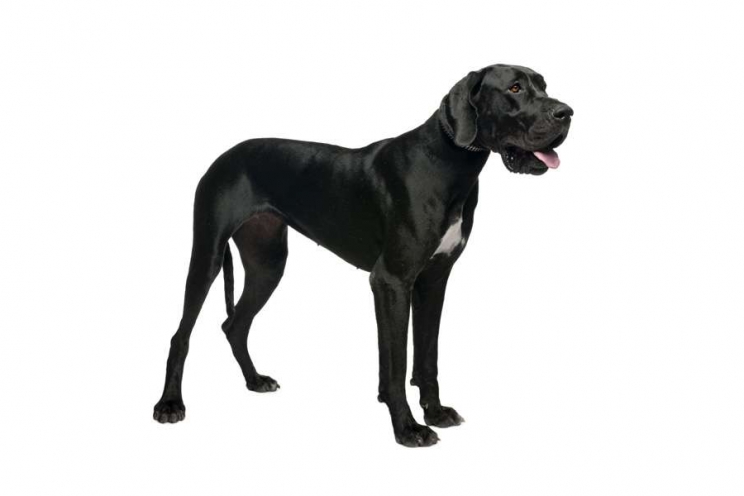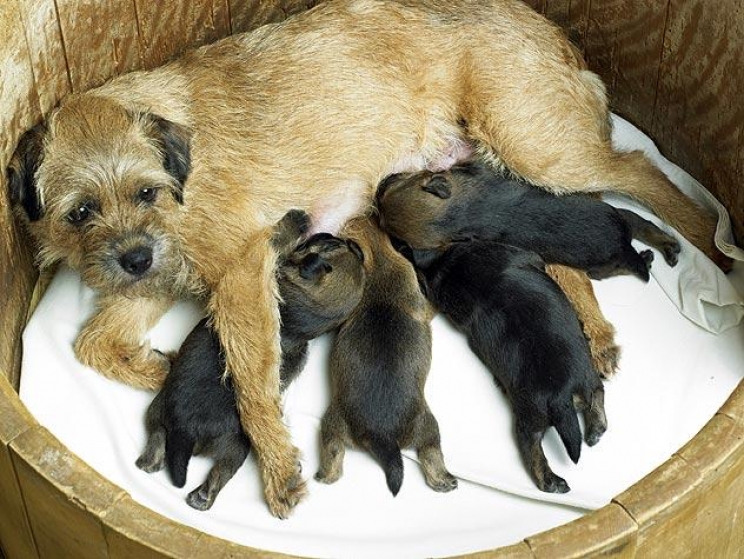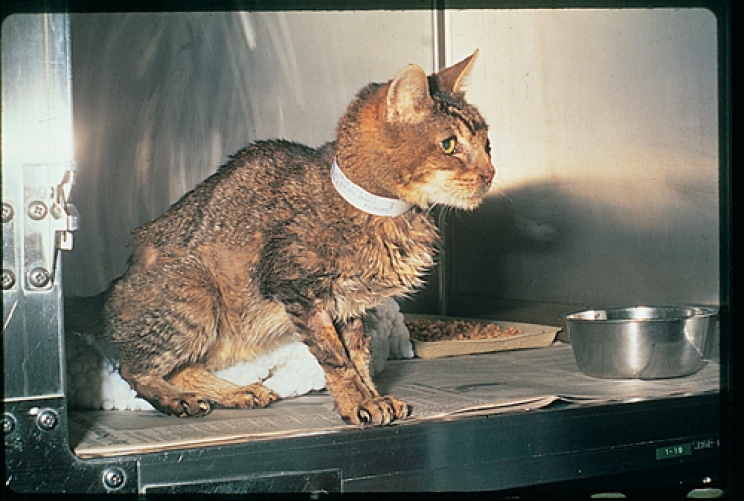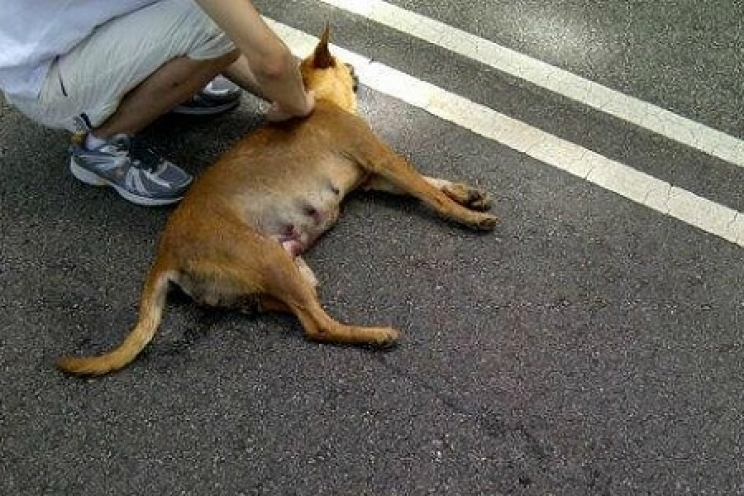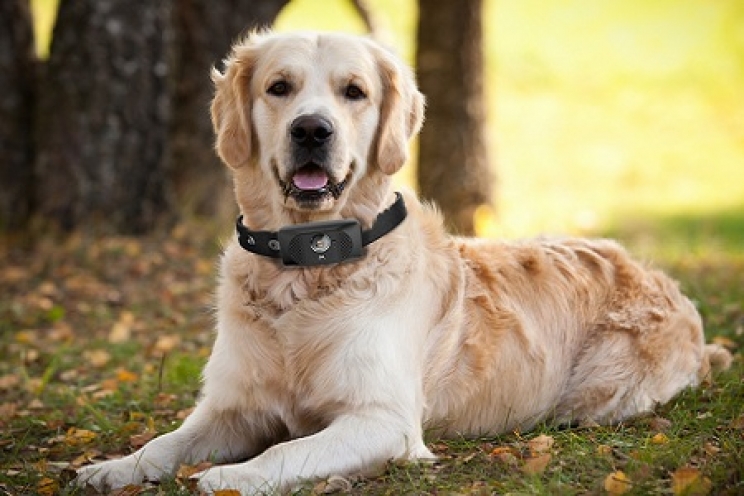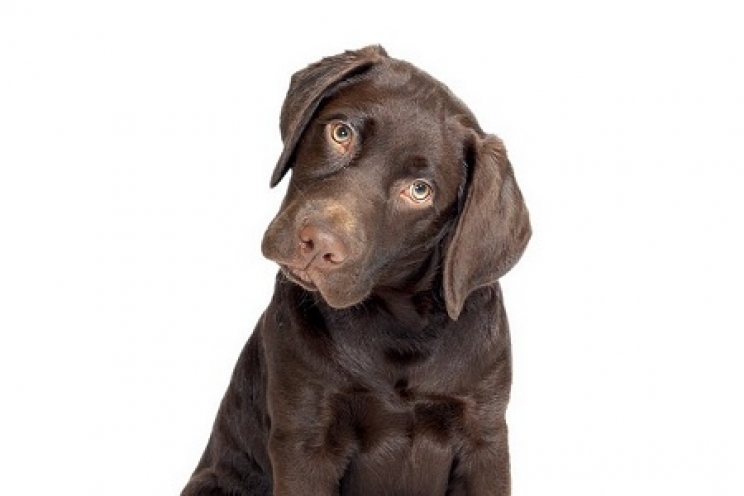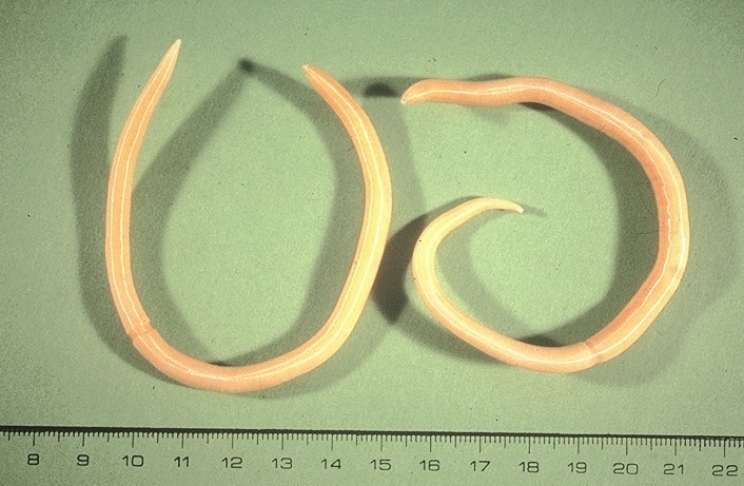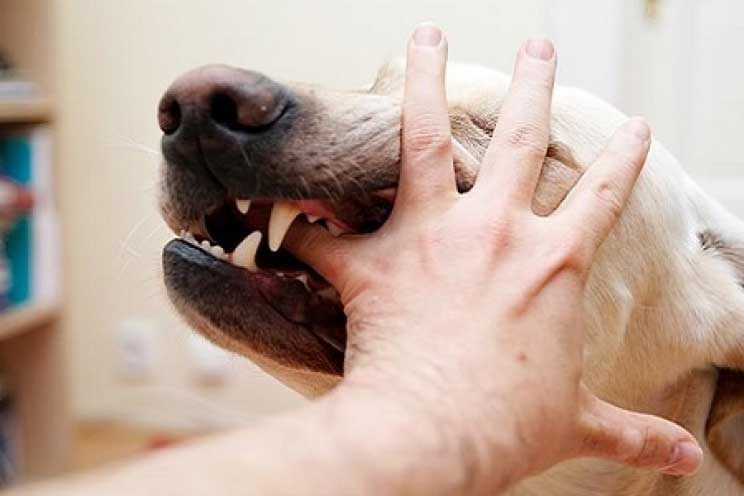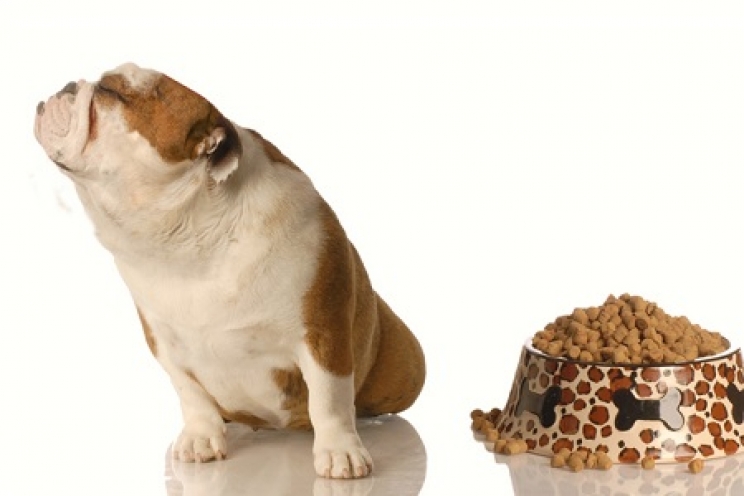When our animals do not feel well or there is something wrong with them, they eat less or even refuse to eat at all. What are the causes of this behaviour and what can we do to help them?
The precise term with which we normally refer to this problem is lack of appetite, and it occurs when the animal does not seem to particularly appreciate the food we offer him, perhaps nibbling small amounts of food and leaving everything in his bowl. On the other hand, when a dog or a cat refuses to eat any type of food, and even stop drinking in some cases, we are talking about anorexia, a much more serious condition.
The typical situations that can lead to appetite reduction in animals are above all health conditions or behavioural disorders.
Health problems
All conditions that cause pain are able to reduce the appetite in animals. For this reason, the owner is not always able to understand the origin of the problem, so the intervention of the veterinarian becomes necessary.
Among the situations and diseases that can cause pain in the animal or that can reduce its ability to eat we find:
-
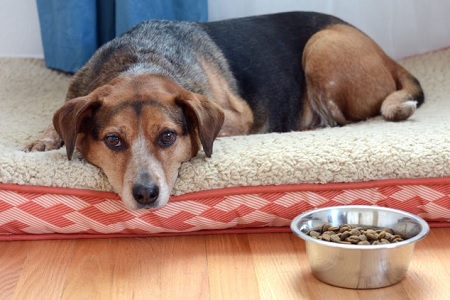 Recent therapies or vaccinations: if the animal feels tired and debilitated, in most cases it will not have much interest in eating. In these cases the problem usually stops in a short time, so it is sufficient to continue to offer our friend his favourite foods, encouraging him to eat so he can at least get his strength back;
Recent therapies or vaccinations: if the animal feels tired and debilitated, in most cases it will not have much interest in eating. In these cases the problem usually stops in a short time, so it is sufficient to continue to offer our friend his favourite foods, encouraging him to eat so he can at least get his strength back; -
Mouth or tooth problems: if our friend feels pain every time he tries to take food or chew it, he will simply refuse to eat. In these cases, he may have severe gingivitis, toothache or even small wounds inside the mouth. Try to open his mouth gently, and examine it. In these cases, you should observe some abnormalities, such as a reddish borders on the edges of the gums, broken or swinging teeth, swelling or sores on the tongue and all over the inside of the mouth;
-
Gastritis: occurs when the stomach of our animal is inflamed and can produce an excess of acidic substances, which cause gastroesophageal reflux. The animal tends to avoid food because he feels nauseated and can often vomit or regurgitate a foamy and yellowish substance;
- Strong and prolonged diarrhoea: if there are intestinal parasites, infections or if the animal has ingested some toxic substance, it will probably have severe diarrhoea, which will make it feel tired and depressed, and will therefore stop eating properly;
- Fever: just like us, animals find it difficult to eat whilst having a fever;
- Problems with the urinary tract: these are typically found in cat and mainly include cystitis or urinary stones. The pain can be severe enough to prevent the cat from eating;
- Renal failure: it manifests itself with several symptoms, including periods of absolute no food intake and periods of excessive appetite, excessive thirst, vomiting and sleepiness;
- Infections;
- Tumors
-
Behavioural related causes
Some animals may decide to avoid food for behavioural reasons. It may seem strange, but some cats can go on real hunger strikes if they don't get their usual food, precisely because by nature they are very demanding when it comes to food.
Among the main reasons that can lead the dog or cat not to eat voluntarily, we find:
- Change of food supply
- Stress
- Depression
- Anxiety and fear
- Mourning
- Moving or relocation
- Arrival of guests or babies at home
- Arrival of a new animal
- Request for attention
- Heat
- Females in heat nearby
In some cases, lack of appetite can be caused by some typical mistakes from owners. For example, if we leave his bowl full of treats during the day and then offer him some snacks, biscuits and leftovers whilst we are eating, he will hardly be hungry at mealtimes and above all he will not want to eat his food, considering it will be less appetizing than ours.
The same goes for frequent changes in diet. If we feed the dog or cat different foods every day, he will inevitably tend to discard the ones he likes least, waiting for you to offer him something better right away.
In these cases, the only thing to do is to be rigorous. Ban snacks between meals and guarantee a correct timetable for your pets meals, hopefully the situation should return to normal. Of course, no one would want our pet to starve, so let's try to find a compromise:
- We choose a good quality food, appreciated by our friend and make sure that they can stick with that food type, without sudden changes in the diet;
- No snacks between meals;
- We always feed him at the same time;
- Remove the bowls if he has not finished all the food and try to offer it to him again during the next meal.
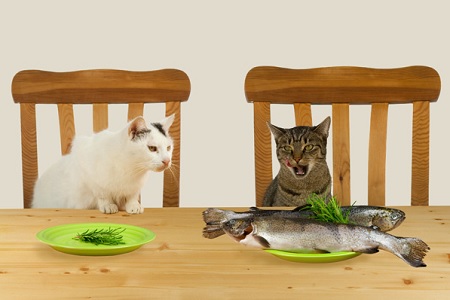
As for cats, on the other hand, we should try to understand which food might be the most pleasing to his fussy palate. He will not be able to eat ham all day, so we will have to find a balanced and good quality food, whether it is homemade or industrial.
The consequences of prolonged fasting can be very serious, especially for cats; their livers can quickly fill up with fat and completely damage them if the situation continues for a long time.
For this reason, if our four-legged friend stops eating, we must take him to the vet immediately. Let's observe him for about 24 hours beforehand, attempting to give them some food, afterwards we run to the vet without waiting for him to fast for days.
When the vet has eliminated the possibility of the presence of any medical condition we can begin to act accordingly if it is a behavioural problem.

